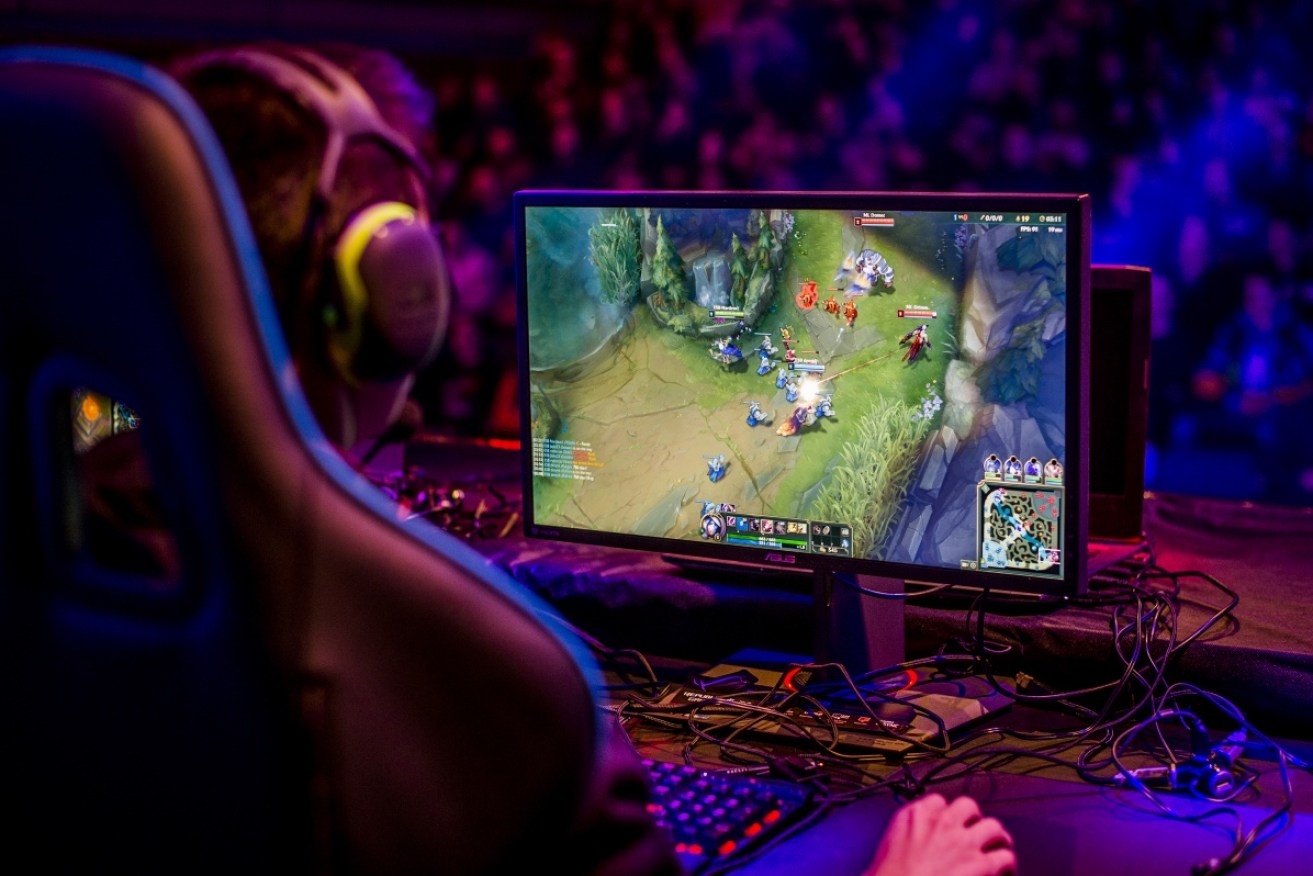NBN Co hits back on gamer claims: Bill Morrow ‘didn’t blame’ anyone

Concurrency - not online gamers - is the major cause of congestion. Photo: AP/David Tanecek
NBN Co is adamant its CEO did not blame online gamers for causing congestion on fixed wireless.
The organisation has issued a statement clarifying comments made by chief executive Bill Morrow during a heated exchange with a Labor MP in a parliamentary committee on Monday.
The response follows widespread reporting yesterday of NBN Co’s investigation of a ‘fair use policy’ which would be likely to affect heavy users, and especially gamers.
“Mr Morrow didn’t ‘blame’ online gamers for congestion on the fixed wireless network,” the statement, from an NBN Co spokesperson, reads.

NBN Co chief executive Bill Morrow addressed a parliamentary hearing on Monday. Photo: NBN Co
“He identified them as an example of a heavy user which, as he said earlier in the hearing, is not the main cause of congestion.
“The main cause of congestion is concurrency, in addition to higher-than-expected take-up and consumption [across the user base].”
Minister for Communications Mitch Fifield declined to offer his personal support to Mr Morrow, but backed NBN Co’s effort to manage capacity.
His spokesperson claimed NBN Co was “prudently planning to manage future demand so that all fixed wireless users can make the most of the available network capacity”.
“As with any wireless broadband network, capacity is not infinite and needs to be carefully monitored and managed to deliver the best experience for all internet users.”
Approximately 600,000 homes mostly in regional areas are in the fixed wireless component of the NBN rollout.
Cause of congestion
During Monday’s hearing, Mr Morrow described concurrency — when large numbers of users go online at the same time — as the “biggest driver” for fixed wireless congestion.
“No one designs a network to where everybody uses it at the same exact time,” he said.
“Who would have predicted the iPhone phenomena and the volume of smartphones we have out there? Even cellular, computers. It doesn’t matter — we always underestimate this.”
He said the alternative was to “spew money away unnecessarily” rather than build a network “with a bit of agility to invest in as consumer demand dictates”.
Gamers and fair use
Mr Morrow did specifically identify “gamers, predominantly” when asked to describe heavy users in the context of the fair-use policy NBN is investigating.
He said the number of heavy users was “big enough that if we did groom them [restrict their connections] during the busy time of the day it would be a substantial lift to people”.
And he used gamers as an example for how a fair-use policy would apply.
“While people are gaming, it is a high-bandwidth requirement that is a steady streaming process,” he said.
“This is where you can do things to where you can traffic shape where you say, ‘No, no, no, we can only offer you service when you’re not impacting somebody else’.”
Phillip Britt, managing director at internet provide Aussie Broadband, said gaming traffic actually used very little data and the fixed wireless network needed more capital funding to address congestion.
“It’s definitely not a gaming problem in my view,” he said.
“To fix this problem for fixed wireless, it’s going to need significantly more money thrown at it, in the order of a couple of billion dollars.”
Mr Morrow is due to step down from his post before the end of the year.
–ABC








